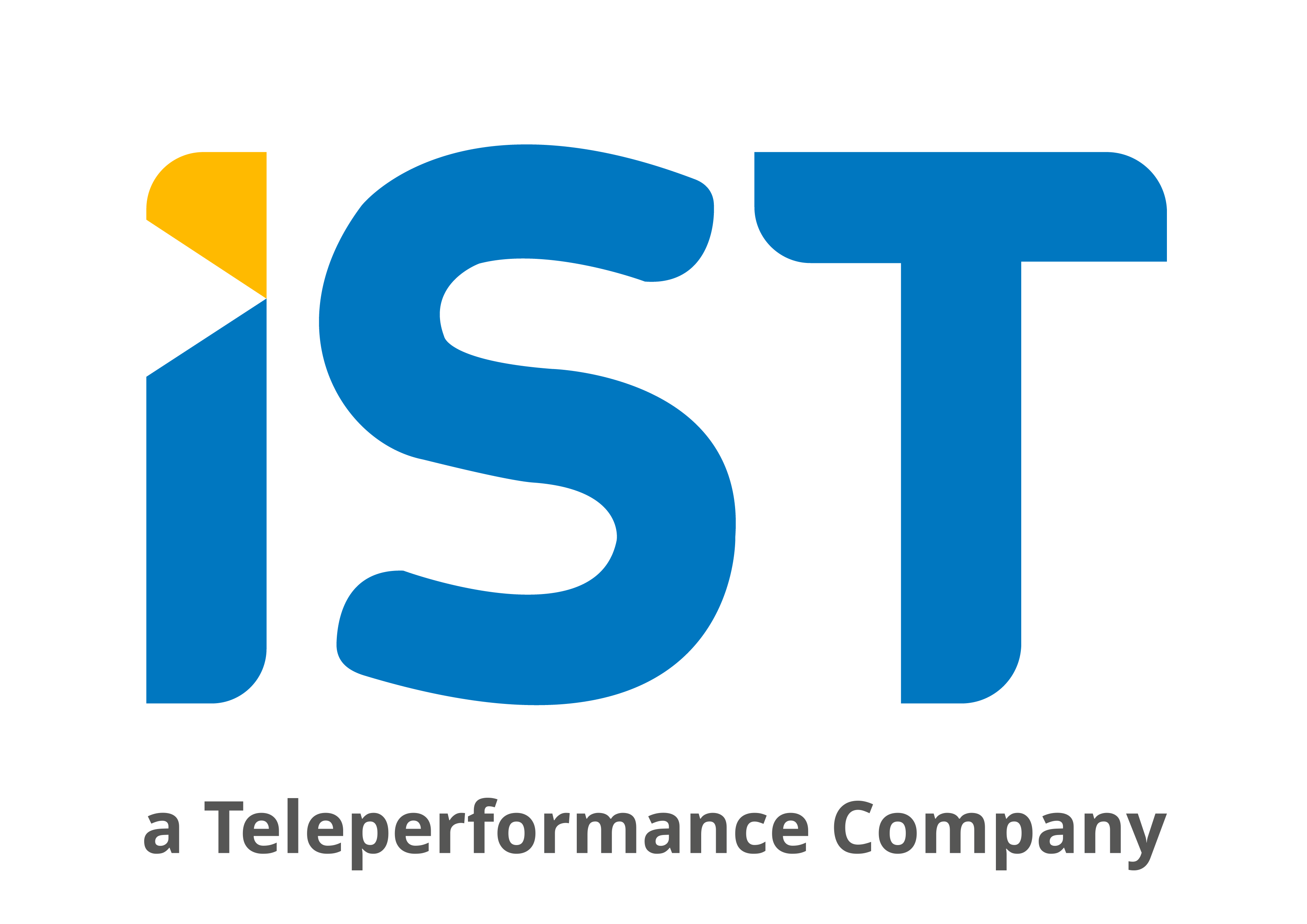
Basically, Robotic Process Automation is ‘Process Automation’, (RPA) Organizations have always looked for resources to progress their operational productivity. Assembly lines and packaging robots in manufacturing, automatic sewing machines in textile industries, automation of bank account creation process, etc. are all examples of process automation. The inner processes of current businesses are recognized through IT architecture that saves us a lot of time and labor. But most modern businesses now include great navigation through numerous systems and applications, and other operational tasks which have created a patchwork of inefficient business processes applications that rarely talk to each other. This has gone on to increase the workload of meaningful output/insights.
This is where RPA comes in
RPA or Robotic Process Automation automates the routine, repetitive and operational tasks of an organization. This releases up the employees to concentrate on more critical work that requires human intelligence and decision making. RPA expressively improves operative efficiency by automating the rule-based tasks to be performed more correctly, rapidly and untiringly.
The call center industry has always fought with many repetitive and dull tasks which are necessary but rarely require any decision-making. The extreme scale of such rule-based functions in the call centers means that automation will have a major impact, improving the overall experience both for call center agents and customers.
Identifying the Customer in the System
When a customer reaches the agent, the agent needs to identify them in the system to get the necessary information like order status, order number, pending support tickets (if any), shipment ID, etc.
This requires the agent to interact with the customer and at the same time go from one system to another: the database/CRM which has the customer details and the other system with more information like order status, order number, etc.
The problems that arise are:
- Numerous logins slowing down the agents
- Silos affecting different systems causing chaos
- Agents scrambling to refer notes/manuals
- The negative effect on customer experience
How can RPA in Call Centers help?
RPA offers a natural approach to data addition and workflow. Loading a detailed customer profile from multiple systems by automating steps like application launch, mouse clicks, field entries, etc. eliminates the need to switch between numerous applications.
Installing RPA in call centers significantly reduces the time required to identify the customer in the system and view all necessary details associated with them in one screen. As a result, the customer doesn’t have to delay for the agent to load all the details, thus improving customer service while reducing the average call duration.
Updating Customer Information in the System
As the call progresses towards the solution of the problem, the agent is required to update the data of the customer’s account. For this, the agent needs to navigate through various applications to update information across multiple fields. Entering data manually across multiple fields in different systems is a tedious and error-prone task.
The problems that arise are:
- Switching between multiple systems
- Updating information manually
- Task prone to error
- Damaging effect on data quality due to errors
How RPA helps in solving those problems –
RPA permits integration of data across numerous fields of related systems using a single entry by the call center agent. RPA can establish template auto-fill, copy-pasting information, field-entries, and more with slightest human interference. Integrations with software or internal systems like CRMs and other third-party tools disregard the time spent on cross-application desktop activities.
This eliminates the need to struggle between various systems. It also moderates the risk of potential errors. As a result of call center automation using RPA, the agent can assist the customer pleasingly, and the customer does not need to wait for the agent to deal with data.
Repeat Calls
In many cases, the call passes through different agents till the solution of the customer’s issue is reached. With advanced call routing tools, the repeated calls in contact centers has reduced to a large extent. But in many scenarios, depending on the nature of the customer’s problem, the call needs to pass through different agents which often needs the customer to repeat the details of the issue to various agents.
The problems that arise are:
- Repeating information to different agents
- Customer gets frustrated
- Annoyed customer relationship because of repetitive questions
- Increased turnaround time and average call duration
How RPA helps:
RPA eases the addition of different systems which supports diverse agents keep track of the progress on a specific problem, without having to monitor all the applications. Using RPA in call centers, the complete customer profile with details from the previous communications can be loaded with only click.
With this, the agents do not need to ask for the same details repeatedly. As a result, this addresses the major pain-point of customers pertaining to call centers – frequently being asked for the information they already provided. This way, implementing RPA in call centers improves customer service remarkably.
Applying RPA in call centers will significantly enhance its services –
- Shorter average call duration
- Major error reduction
- Enhanced communication
- Ideal use of resources
- Robotic response and triggers
With RPA, employees can accomplish more strategic and innovative work as the tedious rule-based, but necessary tasks can be taken care of by automation. Industries which have implemented RPA have already seen a significant decrease in the costs incurred while getting a better ROI. Implementing Robotic Process Automation in your business requires elaborate planning and analysis. The right RPA implementation partner should be able to advise you on the scalability of RPA for your business while helping you test the feasibility and value of RPA in your organization. To apply RPA in your organization www.istnetworks.com

